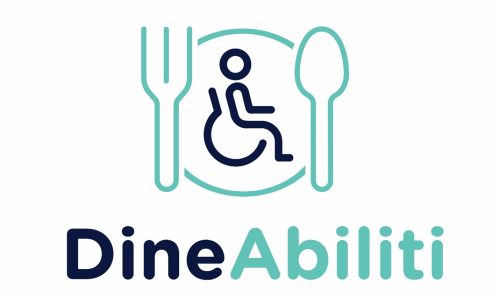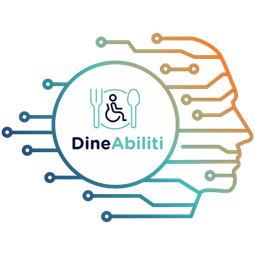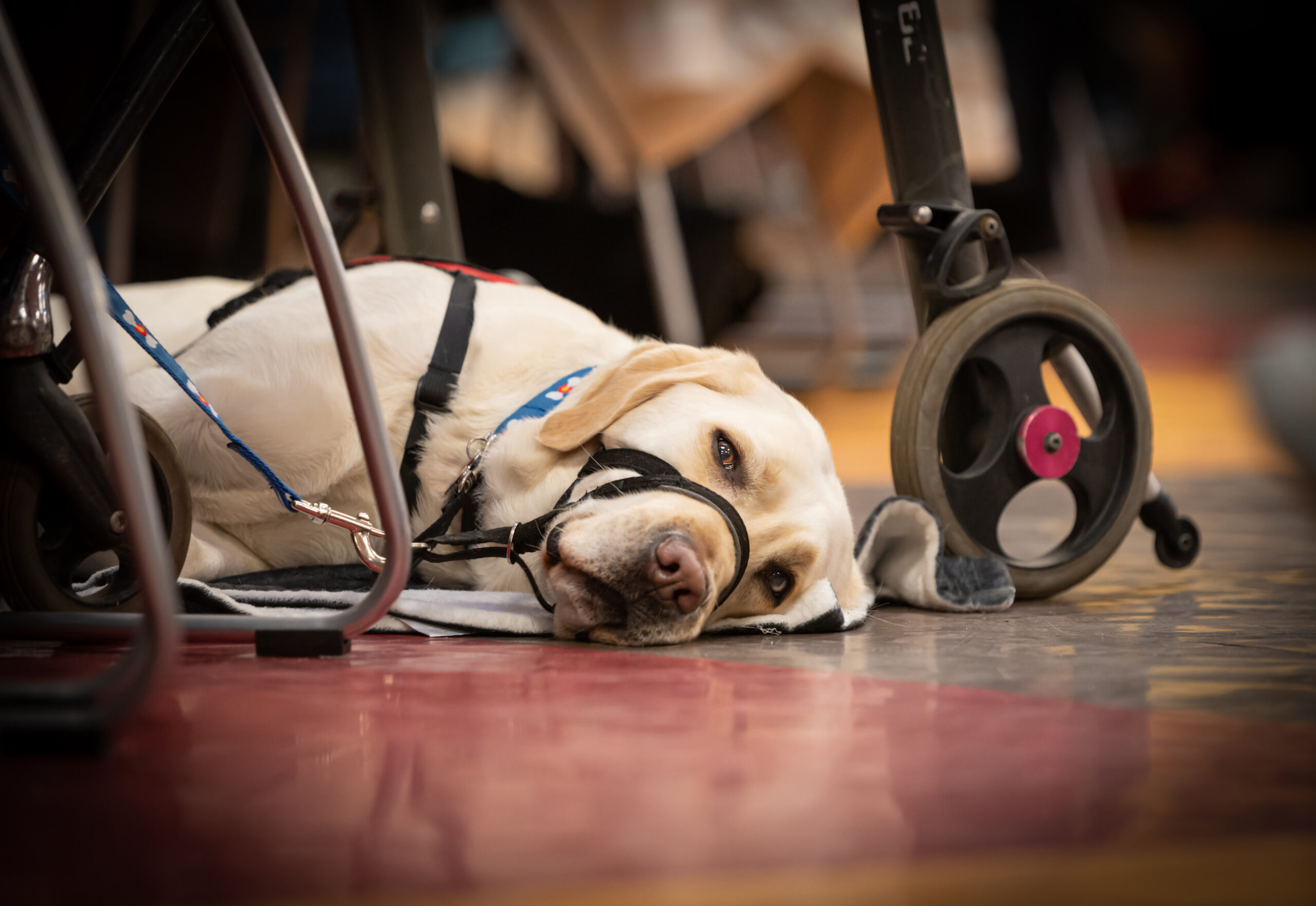Why “Accessible” Isn’t Always Accessible—and How DineAbiliti Fixes That

When a restaurant lists itself as “accessible” online, most diners assume that means it’s truly equipped to welcome guests with disabilities. But for the millions of Americans who rely on ramps, service animals, or alternative menu formats, the reality is often quite different.
The problem isn’t just the lack of accessibility—it’s the lack of reliable information about accessibility.
The Accessibility Label Is Often Misleading
Online platforms like Google Maps or Yelp allow businesses to tag themselves as “accessible.” But those standards are vague at best. There’s no guarantee the restaurant has an accessible restroom, wide enough walkways, or staff trained to assist patrons with disabilities. In fact, DineAbiliti’s recent nationwide survey revealed that 56% of disabled diners have encountered accessibility barriers[1] like narrow entrances, poor restroom setups, or unhelpful staff—when dining out.
These barriers aren’t just inconvenient. They make disabled patrons feel excluded, and that often leads them not to return.
Guests Are Left to Guess (or Take a Risk)
The Information Exists—But It’s Hard to Find
Here’s the truth: the accessibility details people need are often buried in review platforms. Someone might mention “tight spaces” in a comment or share a photo showing stairs at the entrance. But there’s no easy way to search or filter that information, especially not when you need it urgently. Even non-disabled diners have taken notice.
While 78% say online reviews are key to their restaurant choices, only 32% have ever seen accessibility details mentioned. Yet, when asked, 71% said they would prefer to dine at restaurants that are visibly inclusive and accessible[1].
DineAbiliti Solves the Problem with AI
That’s where DineAbiliti™ steps in. Our free platform uses artificial intelligence to scan, extract, and organize accessibility insights from existing online reviews. Whether it’s a comment about accessible seating or staff responsiveness to a service animal, DineAbiliti finds it and surfaces it in one easy-to-read summary.
No more guessing. No more calling ahead. Just real reviews, clearly presented
A Win-Win for Diners and Restaurants
For diners with disabilities, this is a game-changer. For non-disabled patrons dining with friends or family who have disabilities, it’s peace of mind. And for restaurants? It’s a free way to show they care—and to gain valuable insights into what’s working and what could be improved.
In fact, 88% of disabled respondents said they’d prefer restaurants that were certified or verified as accessible, and 91% said they’d find a platform like DineAbiliti extremely helpful[1] when deciding where to eat.

Visit DineAbiliti.com to explore real accessibility reviews and dine out with confidence.
Because “accessible” should actually mean accessible.
Source: 1. DineAbiliti National Survey, conducted March 2025, Respondents Profile (Diners with Disabilities N=115, Diners without Disabilities N=296, Restaurant Manager or Owners of small/midsize restaurants N=209)



